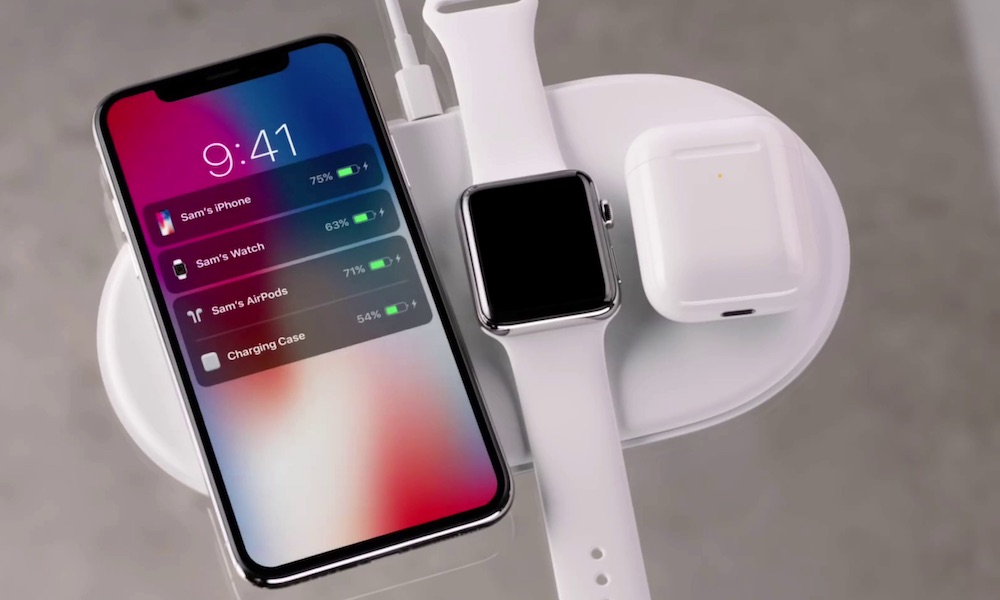New Apple Patent Suggests Another Possible Reason for AirPower Delays
 Credit: Apple
Credit: Apple
Toggle Dark Mode
Apple’s AirPower charging mat may be one of the company’s most vaporous products in recent years, if not in the company’s entire history, with Apple announcing it during its 2017 iPhone launch event and then going dead quiet about it, to the point where nobody within Apple would even acknowledge its existence by the time the following year’s Apple event rolled around.
More recent reports, however, have revealed that AirPower isn’t dead after all and may even be on track to ship by the end of 2019, suggesting that Apple is still working on it, but perhaps has had to overcome more technical hurdles than originally anticipated.
A new Apple patent application discovered by Patently Apple provides some more insight on the kind of challenges Apple may be facing. While other reports have already suggested that some of the issues may be software-based — the AirPower is expected to incorporate a custom Apple chip and run a basic version of iOS — it seems that the company may also be working to sort out more traditional challenges with Qi chargers such as properly handling foreign object detection.
Foreign object detection is a safety feature of most Qi chargers that prevents charging power from being engaged when a metallic object, such as a set of car keys, is placed on the charging pad, or when a foreign metallic object is placed in between a legitimate Qi-compatible device like an iPhone and the charging pad. The risk in the case is that inductive charging current will cause metallic objects to heat up, possibly causing damage to the charging pad itself and burns to anyone who happens to pick up the heated object, which tests have shown can exceed 100° C (~212°F).
Apple’s patent application describes a scenario where the “Digital Ping” that’s used for foreign object detection could actually damage certain types of foreign objects, such as NFC credit cards or proximity ticket cards used for transit systems. The “Digital Ping” actually transmits an electromagnetic field above the charging pad in order to determine if a metallic object is present, quickly cutting charging power if one is detected. It’s a necessary safety feature of Qi wireless charging pads, but the need to use an electromagnetic field does carry side effects that Apple clearly feels a need to mitigate on its own charging mat.
The patent application also goes on to note that there may be situations where the object detection system fails when an iPhone is placed on the charging pad along with a foreign object, such as might occur when users are using wallet cases on their iPhone containing NFC or RFID cards. Apple’s solution to both issues is what it is calling a new “magnetic vision system” which includes a number of highly technical details.
Patently Apple also notes that this isn’t the first filing that Apple has made concerning problems with foreign object detection, and it’s likely that, in addition to Apple’s normal penchant for producing good user experiences, the company has also recognized that the larger and flatter design of the AirPower mat makes it a more likely target for foreign objects than most traditional “coaster-style” Qi chargers. While the patent filings don’t confirm anything official, the presence of several filings focused on the specific problem of foreign object detection strongly suggest that this is an area that Apple’s engineers have been wrestling with, although the latest patent also suggests that the company is at least close to a solution.







